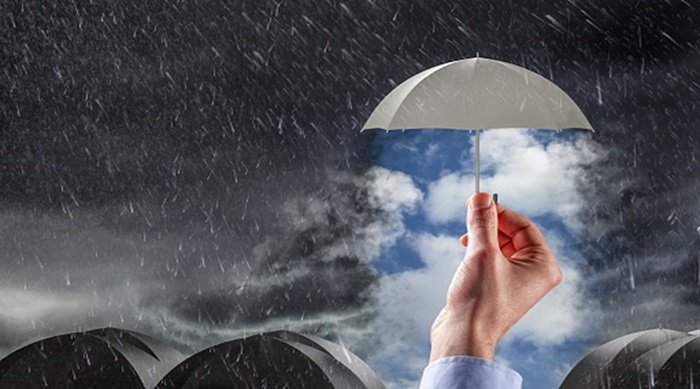A Safe Space
Loren Steinfeldt, MSPC Nov 1, 2022
My Mom died last month of a progressive lung disease that took a sudden turn for the worse. I was so lucky in that she was cared for in her last days by the inpatient palliative care team at my hospital and to meet some of my colleagues. Those colleagues were quick to tell me how resilient and gracious my Mom was.
We had a service at her church for her friends and congregation family. The pastor reflected on stories we had heard so often about her. How she was kind, generous of spirit, always saying she was fine even when she wasn’t and focusing on how others were doing and how she could help them. She gave money, food, clothes, time, love, mentorship. How positive and uplifting she was, always smiling and with a joke.
It was lovely to hear, but here’s the thing: that was not the woman my sister and I knew. We heard about her aches and pains, her gripes with friends and their quirks that drove her crazy. How frustrated she was when those she mentored kept repeating the same negative patterns, or when friends didn’t make the choices she thought they should. We were corrected in our grammar and lectured on how to live our lives frequently, even at almost 50 years of age. Never mind that we hadn’t asked for her free advice. My sister and I often wished that we got the same supportive encouragement, the same generosity and positivity in our conversations and interactions with her as she offered others.
I returned to work in my outpatient clinic, seeing patients with advanced heart failure, chronic, progressive lung diseases, and cancer. Frequently patients apologize for cursing, or express worry that they have said the wrong thing or given the wrong answer. My colleagues and I are always quick to reassure them that there are no wrong answers, that they are safe with us to speak their truth, curse, cry. When they share difficult things that maybe they have never told anyone before, we thank them for their trust in sharing. We are honored to walk their path with them and hopefully be able to provide solace, or to at least let them know they are not alone in their pains and sorrows.
As I processed my Mom’s death, I realized, my sister and I had unknowingly been that safe space for our mother. Our father died when we were teenagers. My mom lost her soulmate, the one she shared all those things with. As we grew into adult relationships with her, we became her safe place. In that realization, my whole perspective changed. It was an honor to be my mom’s caregiver and to share decision-making with her. We became even closer the last 10 months of her life as she opened up more and entrusted me to help her with hard choices. To know that my sister and I had created a relationship wherein she trusted us with all the not so pretty bits that stuck out and her secret gripes, and the pain and illness she didn’t want anyone else to see so that she could go out in the world and be that to others is something I will now treasure always.